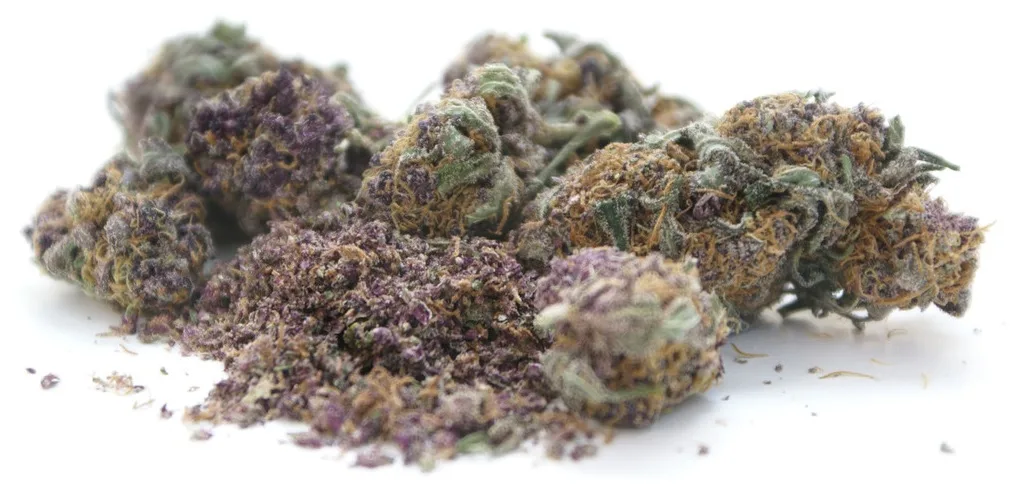Legislation filed last week in South Dakota’s Legislature would provide state protections to those issued tribal medical marijuana authorizations.

Filed by Senator Shawn Bordeaux (D), Senate Bill 141 was “first read in Senate and referred to Senate Health and Human Services” on January 24. It has been scheduled for a hearing in the committee for later today.
South Dakota legalized medical marijuana in 2021. The law legally recognizes “nonresident cardholders”, described as a person diagnosed “with a debilitating medical condition”, who is “not a resident of this state or who has been a resident of this state for fewer than forty-five days”, who was “issued a currently valid registry identification card or its equivalent by another state, district, territory, commonwealth, insular possession of the United States, or country recognized by the United States that allows the person to use cannabis for medical purposes in the jurisdiction of issuance”.
Senate Bill 141 would alter this law to insert that “nonresident cardholders” also applies to someone who “resides within the boundaries of an Indian reservation and was issued a currently valid registry identification card or its equivalent by a tribe that allows the person to use cannabis for medical purposes in the jurisdiction of the reservation”.
The Senate Health and Human Services Committee voted 5 to 2 on Wednesday to defer any action on Senate Bill 82, which would have forced those seeking a medical marijuana authorization to obtain it exclusively through their primary care physician or a healthcare provider recommended by their primary physician. The legislation would have imposed criminal penalties on doctors who recommended medical marijuana to someone who they are not a primary physician for.
According to polling released last week, 45% of likely South Dakota voters support legalizing recreational marijuana, with 42% opposed. An initiative to legalize marijuana was approved by voters in 2020, but failed to become law due to a legal technicality. A subsequent legalization effort was rejected with 52% voting in opposition. Proponents of legalization in the state have filed initiatives seeking to place the issue again before voters during this year’s November election.








